The Courses
Check out the various courses we offer
Trauma Course
This program is based on the Trauma-specific National Emergency Nurses Association (NENA) Core Competencies of the Emergency Nurse. These Core Competencies are available on the NENA website at www.nena.ca. The course focuses on the Emergency department trauma care of the adult patient.
The purpose of the course is to provide a standardized approach to the trauma patient with a variety of presentations. This course does not only focus on the resuscitation of the patient but goes further into ongoing care and identifying gaps in care common to this population.
The intended participants for this course are Nurses working in (or interested in working in) the Emergency Department. Other professions and emergency department staff are welcome to attend the EPICC; however, only Nurses can receive certification in the course.
The course is a mixture of pre-course online modules, classroom, small group case practice/discussion and psychomotor skill stations covering the following topics: Pre-Course Learning Includes:
EPICC CORE CONTENT
This content is a part of both the Foundations and Trauma Programs
- Introduction to the EPICC Programs
- EPICC Assessment Framework
- Communication, Teamwork and Resource Management
- Airway, Ventilation, Oxygenation Skills (includes RSI Theory and Video Demonstration)
- Vascular Access
- Infection Control
EPICC-TRAUMA CORE CONTENT
- Trauma Systems and Accreditation
- Injury Prevention
- Biomechanics and Mechanism of Injury
- Trauma Resuscitation
- Shock
EPICC-TRAUMA BODY SYSTEMS
- Head and Brain Trauma
- Thoracic Trauma
- Abdominal Trauma
- Musculoskeletal Trauma
- Skin Trauma / Burns
- Spine and Spinal Cord Trauma
EPICC-TRAUMA INTERVENTIONS AND COMPLICATIONS
- Acute Pain in Trauma
- Trauma Diagnostics
- Complications of Trauma
- Trendy Trends in Trauma Care
EPICC-TRAUMA PATIENT POPULATIONS
- Pediatric Trauma
- Geriatric Trauma
- Obstetrical Trauma
- Hyperthermia/Hypothermia
- Decompression Injury
The in-person session will focus on simulation, small and large group discussions about patient presentations and issues common to the emergency department environment.
The online pre-course content can take anywhere from 8-12 hours depending on the level of detail sought. The attended portion of the class is one day in length and requires current EPICC-Foundations or EPICC-Pediatrics certification as a pre-requisite. There is no written exam; however, there is an individualized evaluation process throughout the course.
High Technology? ...or High Fidelity?
It is important to understand the differentiation between high-fidelity and high-technology. High-fidelity is the realism of a situation, high-technology is the ‘fanciness’ of simulation mannikins. EPICC uses high-fidelity simulation and in some environments may incorporate high-technology mannikins. EPICC uses evidence-based learning and assessment methods to fully engage the adult learner. Theoretical content is learned online before attending the courses. The courses use mixed learning methods of small and large group case studies and simulation – there is no powerpoint-style learning at the attended sessions. We believe in leveraging the “community”…when everyone is together at a course, we believe that learners should be interacting, not watching lectures.

